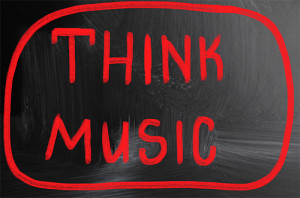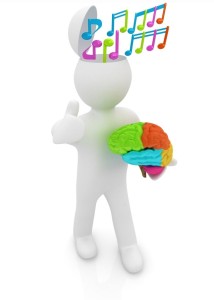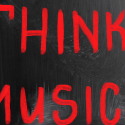As I moved from room to room among the hundreds of music teachers at a recent Music Educators Conference in Arizona, I thought about the tremendous passion and commitment that brought all of these people to this profession—teaching music for a living. 
The experience took me back in time to reflect on my own childhood love of music. From an early age, I found music to be a form of expression that “spoke” without words. As a young person, participation in music allowed me to express things I felt, without having the vocabulary to do so. Later I found that there may never be words to describe it, as Leonard Bernstein professed so eloquently in The Unanswered Question, his Harvard lecture series in the seventies.

He described musical expression as a metaphorical language of inner life. I was drawn to music and couldn’t let go even if I had tried. Later after my college years, I was an active performer and had no intention of teaching; but when asked by a friend to work at his high school as a consultant, I simply “fell in love” with seeing kids learn to love music. I was hooked. Music teachers devote their lives to sharing music with others. It is part of who they are as human beings.
Music, through its specific and far reaching metaphorical powers, can and does name the unnameable and communicate the unknowable.
~ Leonard Bernstein
Besides the tremendous intrinsic value of music and many lifetime cognitive benefits, music learning can help all of us understand many things that are critical to creating success in our daily lives. This list includes some of the important knowledge that can come through music learning.

[sws_checklist]
- The capacity for flexibility and adaptability.
- The willingness to collaborate and make a commitment to yourself and others.
- Knowing deeply the value and importance of community.
- Understanding vulnerability and the value of taking risks.
- Understanding sensitivity and valuing beauty.
- Taking part in wholehearted living.
- Appreciation for the importance of dreaming.
- Linking the heart and the mind.
- Liberation of the mind and spirit.
- The conscious ability to listen intently.
- Making connections and weaving together disparate ideas.
- The powerful ability to focus on the present and future at the same time.
[/sws_checklist]
Some people think music education is a privilege,
but I think it’s essential to being human.
~ Jewel
Music education gives students a better understanding of themselves and the world. The experience of performing music, especially in groups, enhances awareness and understanding of the needs of others. It’s an important integrating subject. Without quality musical experiences, we limit the educational potential of our students for success in the 21st century. Music educators know the positive impact of music in their own daily lives, and they teach to share that knowledge with others. They strive throughout their lives to expand their knowledge and improve their skills, knowing all along the intellectual, emotional, physical, emotional, and spiritual potential of each student in their classrooms. Music is for life.
— Pat
Sign-up for the Arts Awareness eNewsletter and receive a free gift “Three Lessons to Begin to Make Artistic Principles Work for You in Fascinating Ways.” Like Arts Awareness on facebook.
